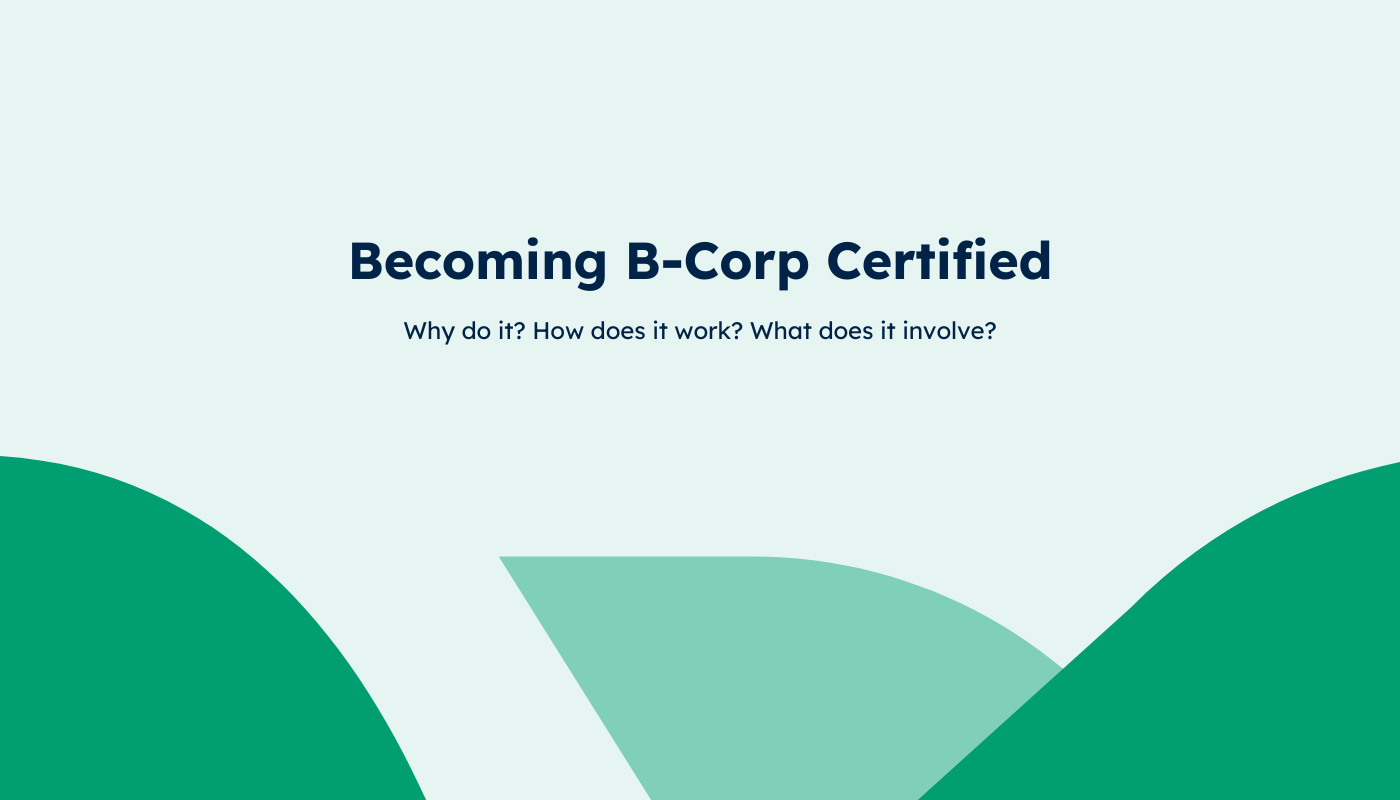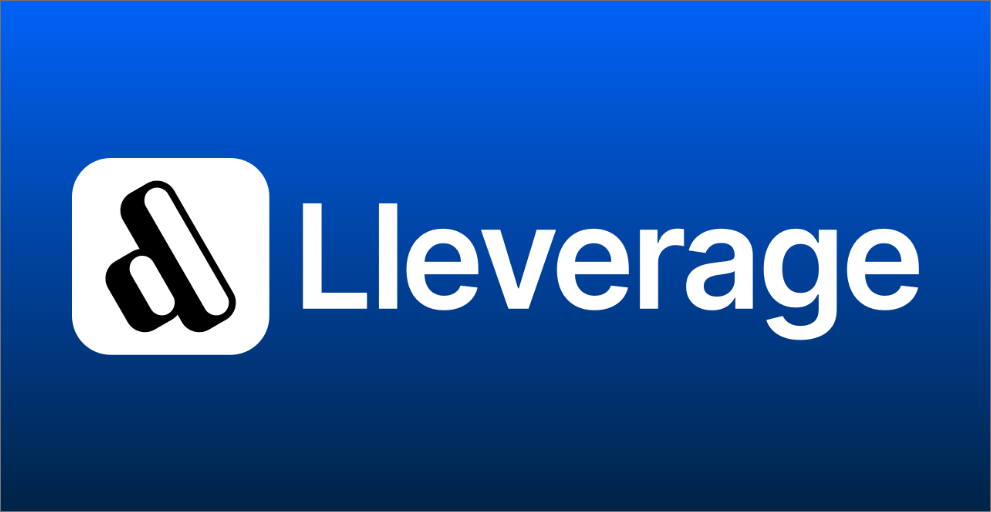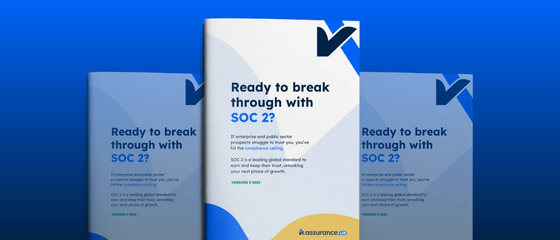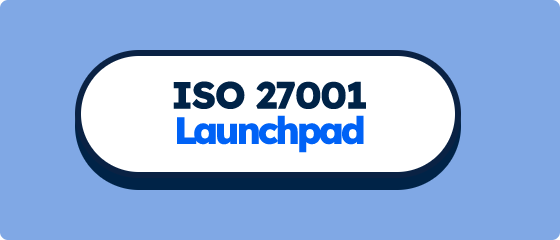
Becoming a Certified B-Corp
The Why, How and What of becoming a B-Corporation to promote Benefit for All in your company activities.
We’ve had a few questions about our B-Corp certification; why do it? How does it work? What does it actually involve? 🙋♀️
Becoming a certified B-Corp was a 12 month journey for us. We’re an audit firm, so audits and certifications are what we do. But we have never been on the “other side” of the audit. I have to say, I have a whole new level of appreciation for the uneasy feeling of an independent audit!
That said, there’s a lot of value in audits. They build trust with customers, investors, partners, regulators, the Board and management, employees, and the public. Building that trust is usually the commercial driver of performing audits. That trust helps businesses grow - increasing revenue by accessing new markets, customers, and opportunities.
The other major benefit to audits, is the opportunity to improve your business. Working through an audit is like going to the gym - if you go in thinking it’s a waste of time, you won’t get much out of it. But if you take the opportunity to challenge the way the business operates, it’s a really effective way to improve.
So that’s audits, and this time we were the subject of it.
Why become a B-Corp?
As a fast-growth startup, becoming a Certified B-Corp was one of many fiercely competing priorities for us. 12 months is a long time! We had uncertainty over the timeline, effort required by our team, and the certification outcome.
The main reason we became a B-Corp, was that it's never a "good time" in business to prioritise positive social and environmental impact. But the world needs businesses to take action. We see philanthropic entrepreneurs that prioritise positive impact once they've billions in disposable funds. But the world needs that impact now and waiting till then misses the many opportunities along the way to positively contribute to the global agenda.
So for us, becoming a B-Corporation now was to ensure purpose and positive impact are a core part of our identity. That our social and environmental impact are considered in the way we grow our company, in the way we attract the 'right' investors, partners, customers, and employees, and that we continue to learn and improve our impact on the world.
How does B-Corp Certification work?
You can read the official version on the B-Corporation website. In this post, we'll give you our practical view of it. There were 5 stages:
- Self-assessment: The B-Impact Assessment allows you to self-assess your current impact and receive a score. When we did it, we answered based on what we planned to implement to see where that would get us. You need to reach 80 points for certification. We initially reached 68. When we looked at other items we could implement and the associated points for those, 80 seemed challenging but certainly achievable.
- Uplift: In our own information security compliance and audit services, we usually call this stage "remediation". This is implementing improvements to your business practices, in this context to achieve higher social and environmental impact, and therefore points. In our case, this included the items we said we had in the self-assessment but hadn't implemented yet. As we went through implementing some of the items or deciding we would commit to the items, we updated the B-Impact Assessment. This increased the points each time until we reached about 98 points pre-submission. In our experience, it's best to be materially above the 80 points as the audit process may knock back a few items.
- Submission: Once you reach the 80 points, you can submit your application for certification. There's a ~6 month waiting list for certification, so once we were confident in what was required, we skipped to submitting our application before all items were actually implemented. We kept a list of items in our backlog to implement over the following few months. The submission requires payment of the application fee (~$250), and answering a bunch of disclosure and potential conflict questions.
- Audit: The audit process included several steps, which was a bit of a headache each time a new unexpected requirement arose. Our audit approach is better 😅 - starting with a full list of requirements and working iterative and collaboratively with our clients. But anyway, the audit consultants were friendly and supportive. Initially, about 30% of the self-assessment items were flagged with a request for us to add an explanation of how they were implemented in AssuranceLab. That led to a bit of re-jigging in our responses by the B-Lab consultants. Next we had a kick-off call for the audit process and ran through a bunch of items live. Following the call, another 20-30% of the items were flagged, requiring evidence to be uploaded. Again a few items were re-jigged through that. Finally another ~5% of the items were flagged, requiring evidence to be uploaded. Each time there was some clarifying questions and/or some of the question responses changed based on our responses. If items are considered "N/A" as a few were for us, the question is removed from the assessment which can lower the point score. It re-distributes the potential points amongst the remaining areas that are applicable.
- Certification: If you are still over 80 points by the end of the audit - like us with 89 points by the end - then you get certified! 🎉
Once you pay the ~$1,250 certification fee, you get access to the B-Corp portal to join the community, see events, get offers from other B-Corps, and get all the branded assets and logos, for marketing purposes.
What's required for achieving the 80 points?
The B-Impact Assessment and following audit, covers five areas with points. The number of questions varies based on the nature of your business. We've included our point score for each section below in brackets, as well as the number of "questions" answered. Note that the number of questions is NOT the total points on offer; that's significantly higher.
-
Governance (22.3pts, 23q): policies and practices pertaining to mission, ethics, accountability and transparency.
-
Workers (35.4pts, 41q): employees’ financial, physical, professional, and social well-being.
-
Community (21.7pts, 36q): economic and social well-being of communities.
-
Environment (4.4pts, 11q): overall environmental stewardship.
-
Customers (5pts, 6q): value that you create for your direct customers and the consumers of your products or services.
As a business and team, we're thrilled to be a certified B-Corporation. We know it's something our stakeholders view positively and fits our public relations narrative about being more than a profit-seeking business. We have anecdotally seen how it furthers the trust in our relationships with partners, investors, and employees, which all provide a return on investment, albeit difficult to directly measure.
For any questions on becoming a B-Corporation, feel free to get in touch with us.







